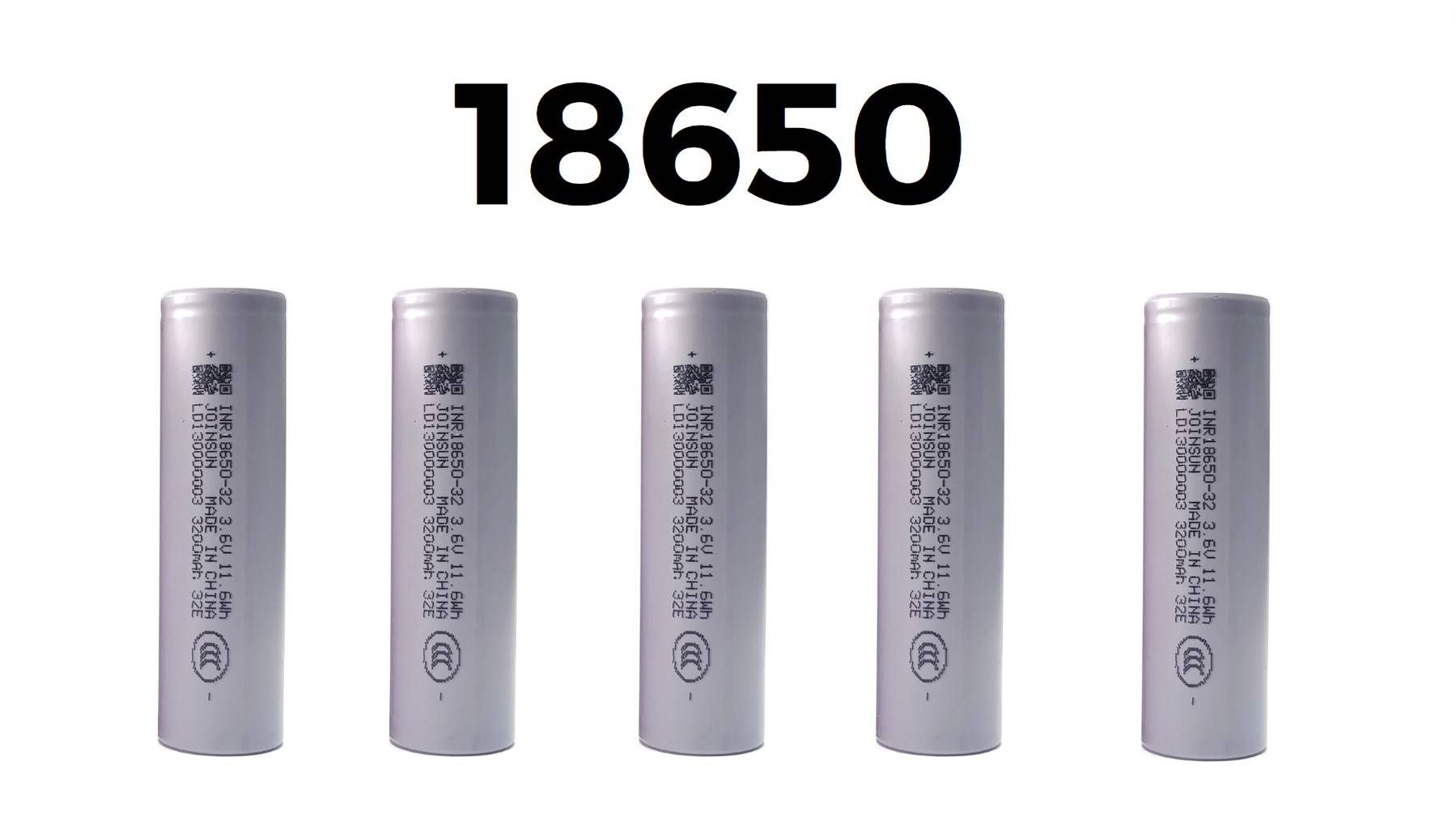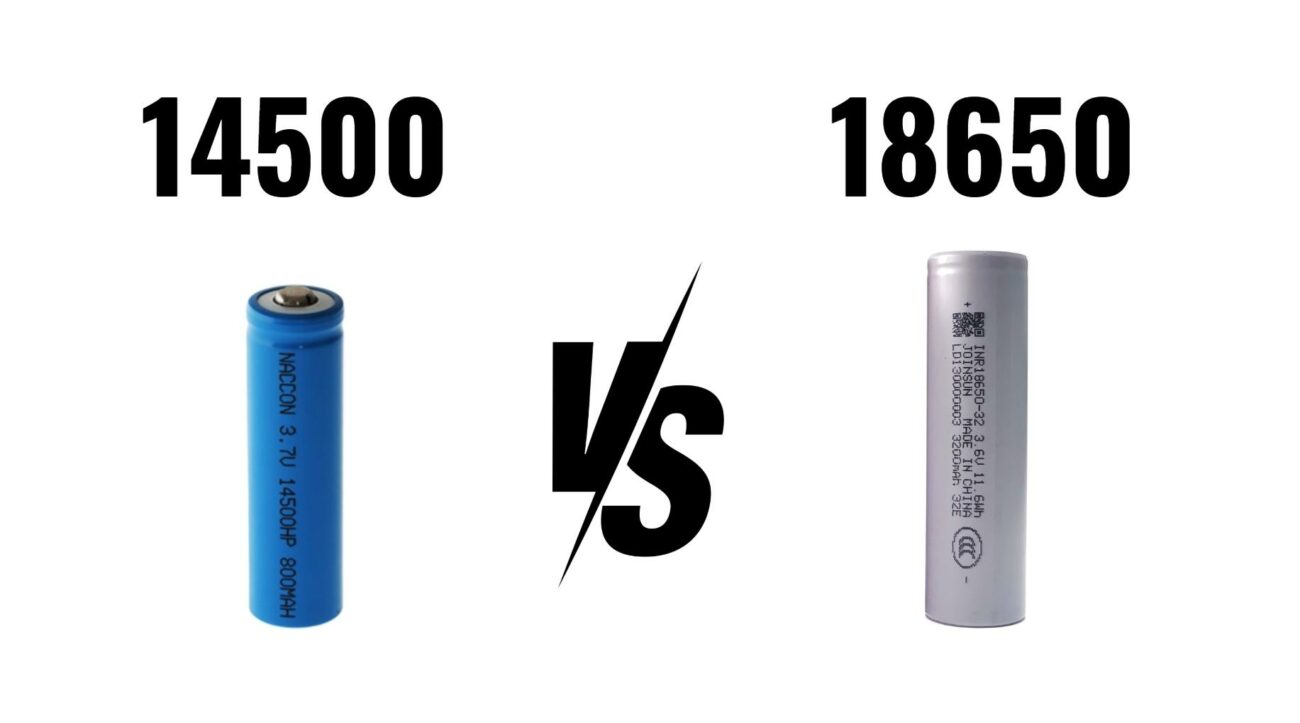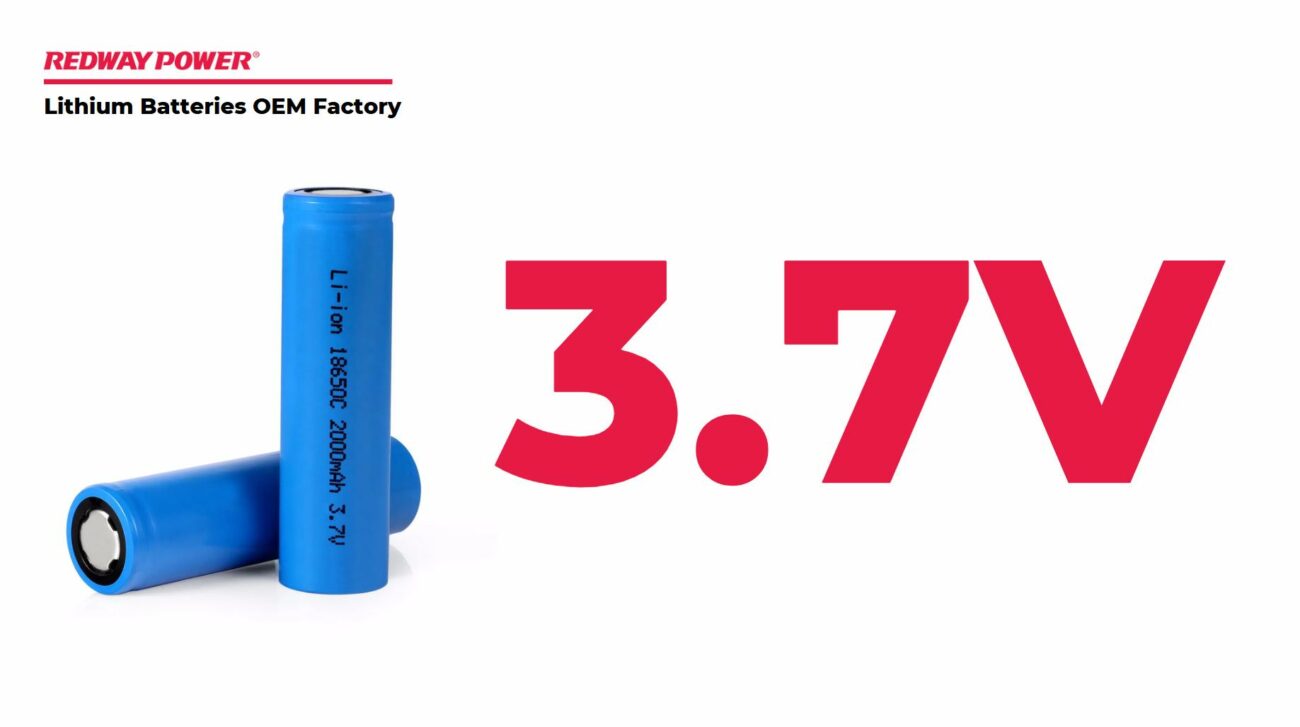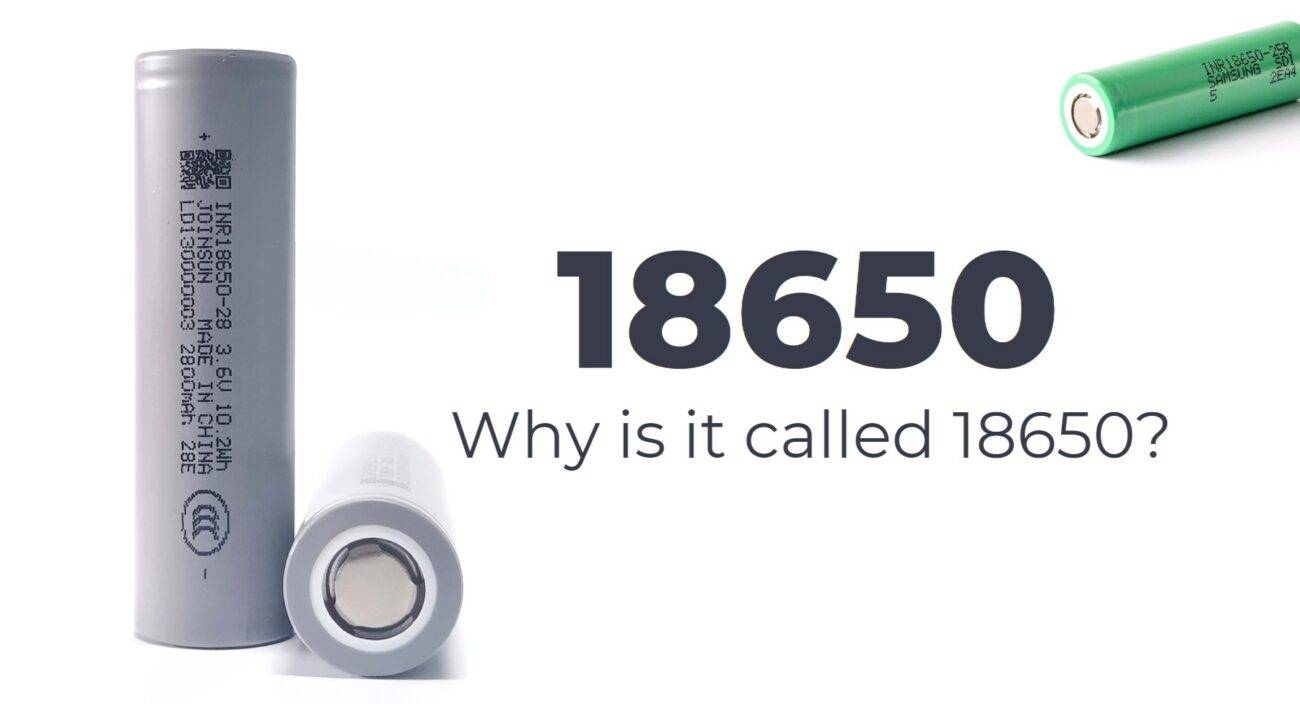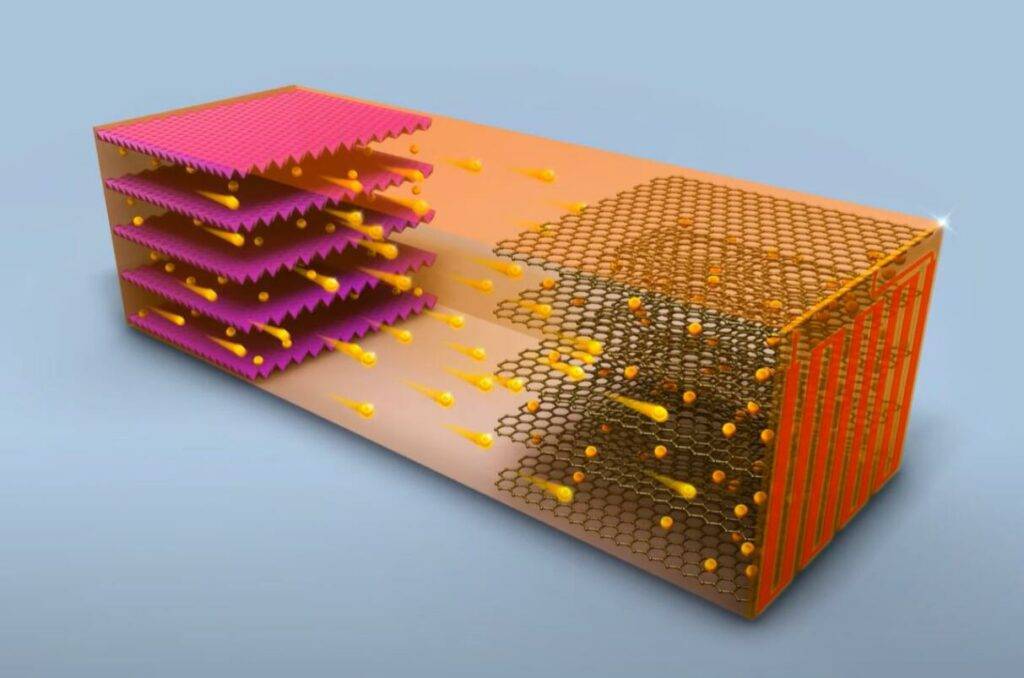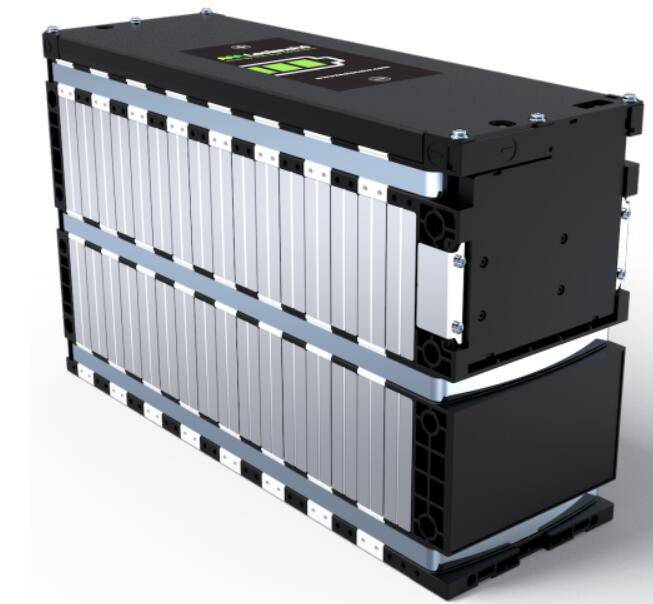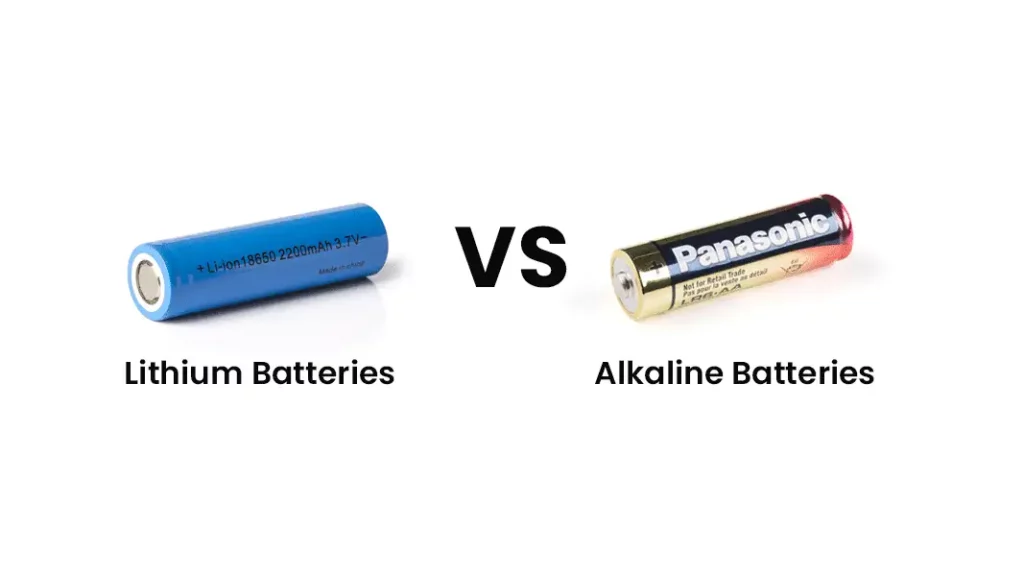Lithium batteries have become essential in powering modern devices, but understanding their types can be confusing. How do 18650 power lithium batteries differ from regular lithium batteries? The primary differences lie in their design, capacity, discharge rates, and applications. 18650 power lithium batteries typically offer higher energy density and are designed for high-drain devices, making them preferable for electric vehicles and high-performance electronics.
How do 18650 power lithium batteries differ from regular lithium batteries?
The differences between 18650 power lithium batteries and regular lithium batteries include their construction, capacity, voltage, and intended use. Power lithium batteries are designed for high energy output, while regular ones focus on longevity and lower energy needs. This distinction makes them suitable for varying applications, from consumer electronics to electric vehicles.
What are the key characteristics of 18650 power lithium batteries?
18650 power lithium batteries have a cylindrical shape measuring approximately 18 mm in diameter and 65 mm in length. They typically operate at a nominal voltage of 3.7 volts, with capacities ranging from 1800 mAh to over 3500 mAh. Their design allows for efficient heat dissipation and modular assembly, making them versatile for various applications.
| Characteristic | Specification |
|---|---|
| Diameter | 18 mm |
| Length | 65 mm |
| Nominal Voltage | 3.7 volts |
| Capacity Range | 1800 – 3500 mAh |
Why are 18650 power lithium batteries preferred in specific applications?
Applications that utilize 18650 power lithium batteries include electric vehicles, laptops, flashlights, and other high-drain devices. Their high energy density and ability to deliver substantial current make them ideal for situations where performance is critical. For example, Tesla uses these cells in their electric vehicles due to their efficiency and reliability.
How does the capacity of 18650 power lithium batteries compare to regular lithium batteries?
When comparing capacity, power lithium batteries generally have a higher output than standard ones. For instance, while a typical regular lithium battery may offer around 2000 mAh, an 18650 battery can provide up to 3500 mAh, allowing for longer usage times before needing a recharge.
What is the significance of discharge power in these battery types?
The discharge power of a battery indicates how quickly it can release its stored energy. Power lithium batteries can sustain higher discharge rates than regular ones, which is crucial for applications like electric vehicles that require rapid acceleration or high performance under load.
| Battery Type | Discharge Rate (A) |
|---|---|
| Regular Lithium | Up to 2A |
| Power Lithium (18650) | Up to 30A |
What safety considerations should be taken into account with these batteries?
Safety is paramount when using any type of battery. Lithium-ion cells, including 18650s, can pose risks if not handled correctly. Overcharging or deep discharging can lead to thermal runaway, causing fires or explosions. It’s essential to use proper charging equipment and follow manufacturer guidelines to mitigate these risks.
How do charging cycles affect the lifespan of 18650 power lithium batteries?
The lifespan of 18650 power lithium batteries is often measured in charging cycles—typically around 500 to 1000 cycles depending on usage conditions. Proper management through a Battery Management System (BMS) helps maximize their lifespan by preventing overcharging and excessive discharging.
Latest News
Recent developments in battery technology highlight ongoing innovations in energy storage solutions. Companies are increasingly focusing on enhancing the efficiency and safety of lithium-ion technologies, including improvements in battery management systems that extend cycle life and reduce fire risks. Furthermore, advancements in solid-state battery designs promise even greater energy densities without compromising safety.
Editor Comment
“Understanding the distinctions between different types of lithium-ion cells is crucial as we move towards a more electrified future,” says Dr. Jane Smith, an expert in renewable energy technologies. “The versatility of 18650 cells makes them indispensable across various sectors, but ongoing research into safety measures will be vital as their use expands.”
FAQ
What is an 18650 battery?
An 18650 battery is a rechargeable cylindrical cell commonly used in laptops, electric vehicles, and flashlights due to its high energy density.Can I replace a regular battery with an 18650?
No, you cannot directly replace a regular battery with an 18650, as they have different voltages and capacities.How long does an 18650 battery last?
An 18650 battery’s lifespan typically ranges from 500 to over 1000 cycles, depending on usage conditions and care.


